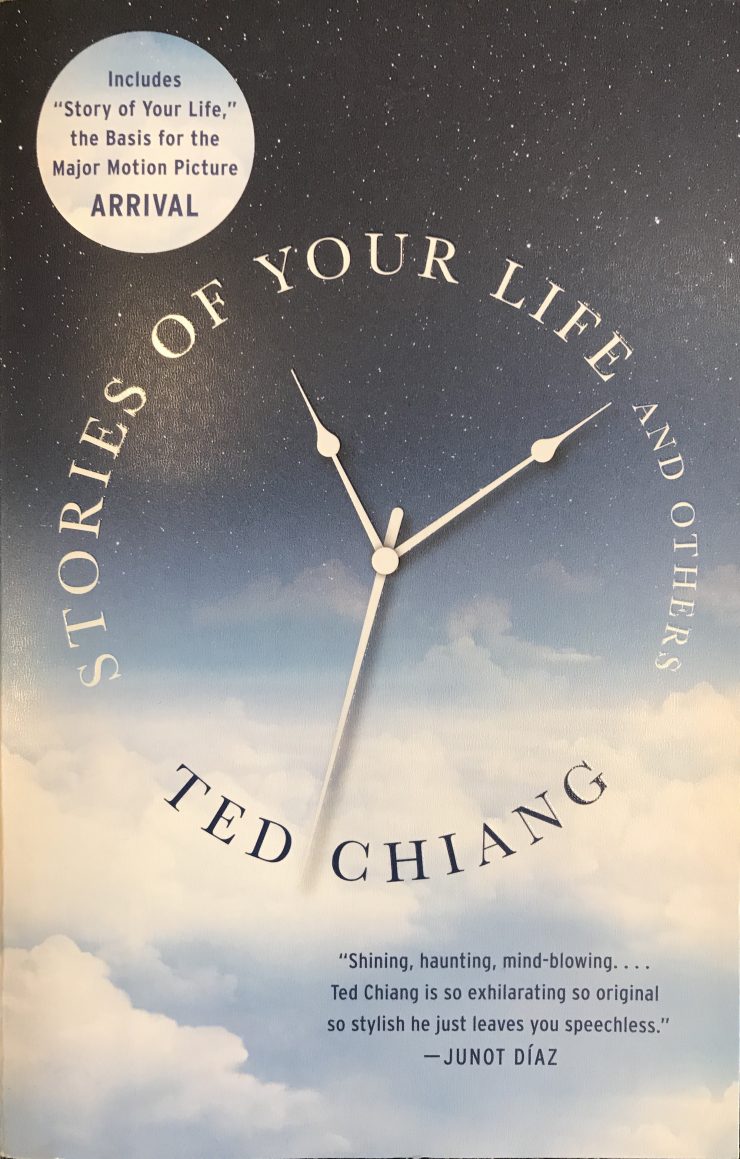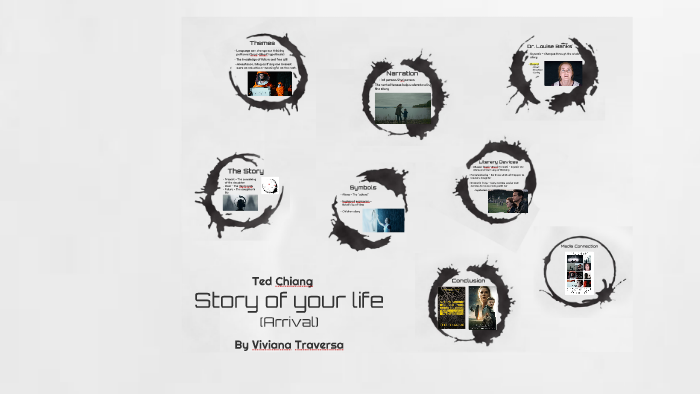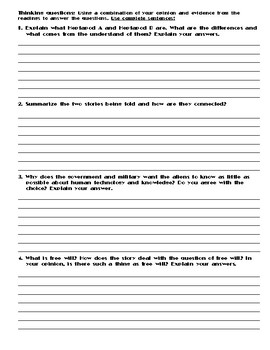


By doing so, he realizes that instead of the common hypothesis that thoughts are inscribed on the flaps of gold foil, it is the very air (argon) itself moving through the gold that forms their thoughts and personalities through the pattern of aerial movement.Ĭonsidering such a metaphor in the context of neurobiology could be a fascinating discussion - current theories about human cognition do consider the idea of patterns of neurons or neural synapses “storing” thoughts or memories. The narrator, ever the scientist, decides to dissect his own brain to learn more about the encoding of memories in his brain and discover how, exactly, his thoughts created his very self. Ted Chiang, someone I truly admire, is a true master at this craft: besides winning four Locus, four Nebula, and four Hugo awards, his novella “Story of Your Life” was recently adapted in 2016 into the critically and commercially successful film “Arrival.” (However, I would like to announce that I found him before he was that cool.) Overall, his wisdom and clarity of thought pervade his every work, especially his short story “ Exhalation ” that ponders human individuality and human existence through a skillful use of allegorical elements.įrom its first few words, we are introduced to an alien world with living creatures made from mechanical parts and brains of gold foil and air tubules, with lives sustained through inhaling argon from their planet’s core through their lungs. (From the perspective of this amateur writer, a good short story can do so much with so few words.) Vibrant paintings, fluttering poetry and the immersive novel all have their places in my heart, but it is the simply elegant short story that is my bread and butter, particularly due to its ability to communicate mind-opening ideas with an average of a fifteen-minute read. But if you keep reading, perhaps you’ll consider that what great works of art can offer us is an insight into the question itself.

Because of this, you could stop reading, as the answer is unlikely to change within the time it takes you to finish this article. This question of “you” has been pondered through all means of philosophy and literature (and by myself during late night showers at 3:00 a.m.), and undoubtedly the only conclusion is that there is none. If you are reading this, you are probably a human being.īut what distinguishes you - whoever you are, dear reader - from other human beings? Is it the pattern of electricity circuiting your brain, the arrangement of your neurons and their delicate dendrites and axons or perhaps something that cannot be fully rationalized by neurobiology alone?


 0 kommentar(er)
0 kommentar(er)
